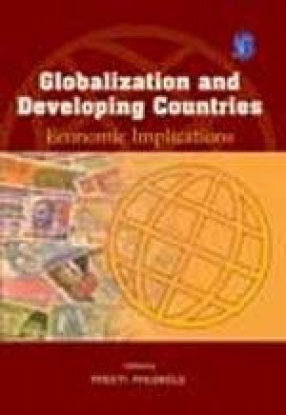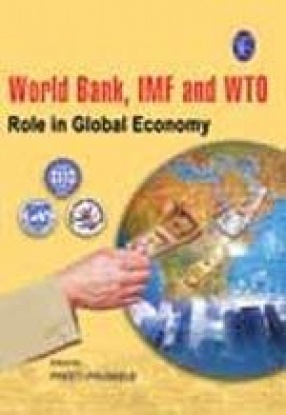Globalization has been dominating the world economies since the latter half of the nineteenth century. It has brought in new opportunities to developing countries. Greater access to developed country markets and technology transfer hold out promise and higher living standard. But globalization has also thrown up new challenges like growing inequality across and within nations, volatility in financial market and environmental deteriorations. The pace of globalization is taking speed with lower barriers to competition. The precise definition of globalization is still unavailable. A few economists define it as the reduction of cost for trans-border movement of goods. A few say that the process has opened up world trade, developed advanced means of communication and increased the movement of people, goods, capital and ideas. The book highlights several positive and negative implications of globalization for developing economies. In true sense globalization has intensified inter-dependence and competition between economies. Developing countries can no longer so easily play the protectionist card and ensure their development in the globalized regime. The captioned book attempts to analyse the issues and challenges faced by developing countries to catch-up with globalization. Globalization of world economies faces two contradictory trends. While a globalized market opens the prospects of unimagined wealth, it also creates new vulnerabilities to political turmoil and the danger of a new gap. The author tries to find the gap between the rich and the poor caused by globalization. Articles by a few renowned economists suggest steps developing countries can follow to lessen the impact of growing globalization.
Globalization and Developing Countries: Economic Implications
In stock
Free & Quick Delivery Worldwide
reviews
Bibliographic information
Title
Globalization and Developing Countries: Economic Implications
Author
Edition
1st ed.
Publisher
ISBN
9788131414972
Length
224p.
Subjects








There are no reviews yet.